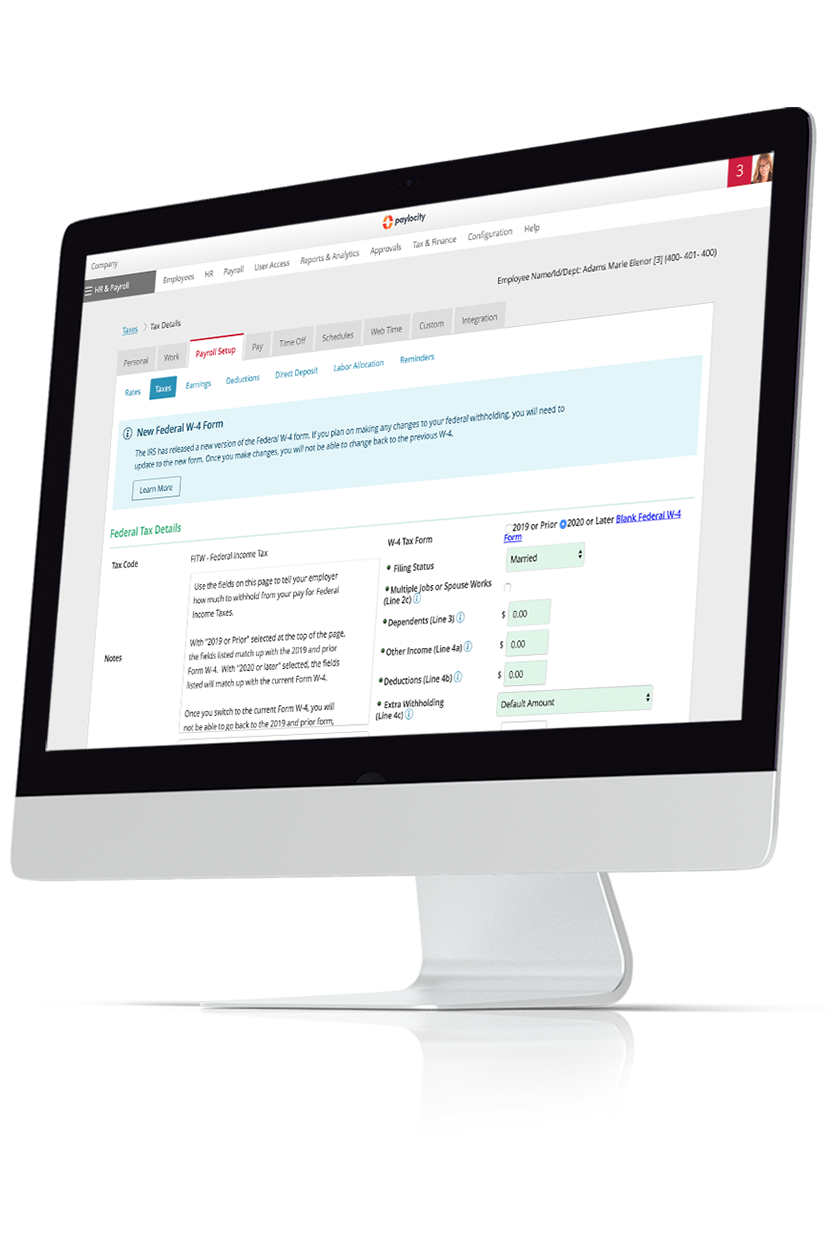Excess Wages
Summary Definition: The amount of an employee’s annual income that exceeds the taxable wage base.
What are Excess Wages?
Excess wages are an employee’s earnings that exceed the legally required threshold of wages on which taxes must be paid. That threshold is commonly called a Wage Base Limit, and it's used to calculate how much an employee owes in Social Security taxes, although some states also use one to calculate state unemployment taxes.
When an employee’s gross pay surpasses that required wage base, any additional wages she or he earns that year are “excess wages.” Excess wages are still reported to the federal and state government(s) but are not subject to social security or unemployment taxes.
The 2025 federal taxable wage base is $176,100; however, states individually update the wage bases they use for unemployment taxes at their own discretion.
Key Takeaways
- Excess wages are used in conjunction with the term taxable wage base to explain how much of an employee’s income is subject to certain taxes, such as Social Security or state-based unemployment taxes.
- While they’re not taxed, excess wages are still reported to the government and used when filing annual returns.
How to Calculate Excess Wages
Every quarter an employee’s total wages are reported to the IRS and applied to the taxable wage base for that year. When the employee’s total wages for the year finally exceed that wage base, that employee’s wages will no longer be subject to that tax for the rest of that year.
Let’s use an example based on the actual wage base for federal social security taxes, which was raised to $176,100 for 2025.
Each quarter, Employee A’s employer reports Employee A’s total gross wages and pays or collects taxes accordingly. However, as soon as Employee A’s gross wages for the year exceed $176,100, all income beyond that is “excess” and not subject to federal social security taxes for the rest of the year.
| Quarter | Quarterly Gross Income | Gross Income for the Year | Taxable Wage Base | Quarterly Taxable Wages | Quarterly Excess Wages |
|---|---|---|---|---|---|
| Q1 | $60,000 | $60,000 | $176,100 | $60,000 | $0 |
| Q2 | $60,000 | $120,000 | $176,100 | $60,000 | $0 |
| Q3 | $60,000 | $180,000 | $176,100 | $56,100 | $3,900 |
| Q4 | $60,000 | $240,000 | $176,100 | $0 | $60,000 |
By the end of that year, Employee A earned $63,900 in excess wages ($240,000 – $176,100) which aren’t subject to social security taxes for 2025 but are still reported as part of her or his gross income.
There are some exceptions (e.g., mass layoffs) wherein an employee’s excess wages for the year are still subject to unemployment taxes, but these vary by state.
Why are Excess Wages Important?
For both employers and employees, excess wages have important payroll implications, as they impact exactly how much an employee will ultimately receive in net pay. As such, employers must pay careful attention to if (or when) an employee’s wages meet the established wage base limit, both to remain compliant with federal tax law, and to avoid payroll disputes with their employees.
To alleviate the stress associated with these scenarios, it helps to use a payroll platform that avoids human errors and adjusts deductions to account for wage base limits, excess wages, etc. This rings even truer when considering the fluid nature of unemployment tax wage bases and possible excess wage exemptions.

Get Taxes Done Right, Without the Stress
We know there's a lot that goes into preparing and filing payroll tax forms. Save time and get support from our expert team. As a Registered Reporting Agent with the IRS, we can help prepare and file all the necessary forms you need to remain compliant - even in the face of changing legislation. Learn more here.